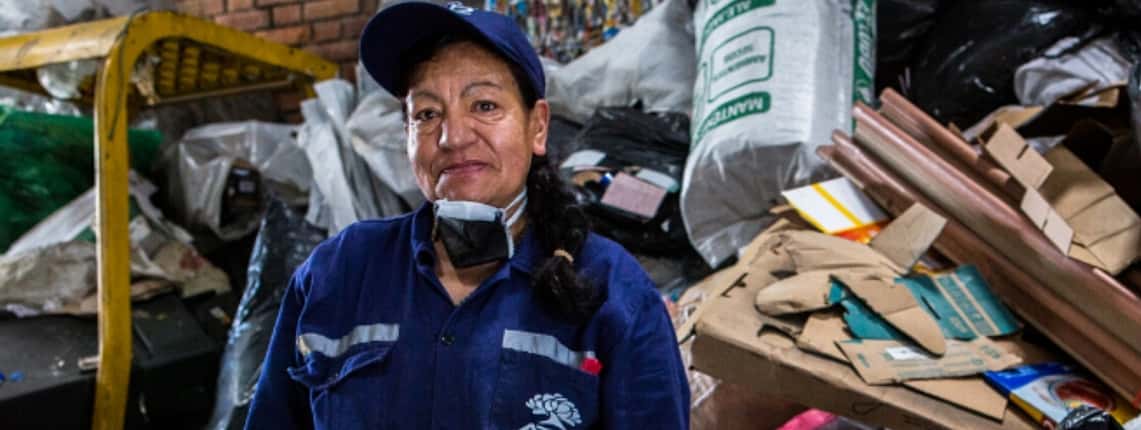The world’s garbage workers are on the frontlines of the pandemic, and their work has become increasingly risky as they keep cities clean. For informal waste pickers, these challenges are even greater. They often operate without protective equipment and sort through materials by hand as they recover and recycle people’s discards, which can be everything from plastic wrap to milk cartons to dangerous medical waste. Coronavirus germs, as we now know, can live on any of these surfaces, sometimes for days.
In this episode, we talk with WIEGO's Waste Picker expert, Sonia Dias, who explains the role waste pickers play in cities across the Global South as essential workers. She discusses some of the current challenges and how policymakers need to work with waste pickers to make conditions safer for them to continue their livelihoods where possible. She also calls for cash grants to support informal workers in this time of great financial need and looks to the future with how waste pickers can be brought into urban plans to safeguard them as they provide key services. Listen to the full episode below.
Read more about waste pickers and COVID-19 in our response center and learn more about WIEGO's Cuidar Project, which works on health and safety issues with waste pickers in Brazil.
Feature photo: María Elena Díaz Espinoza, a waste picker in Lima, collects recyclables on a neighborhood street. She is president of the Asociación Vida Verde de los Olivos, which is affiliated to the National Federation of Waste Pickers’ of Peru (Federación Nacional de Recicladores del Perú, FENAREP). (Photo by Juan Arredondo/Reportage by Getty Images).
